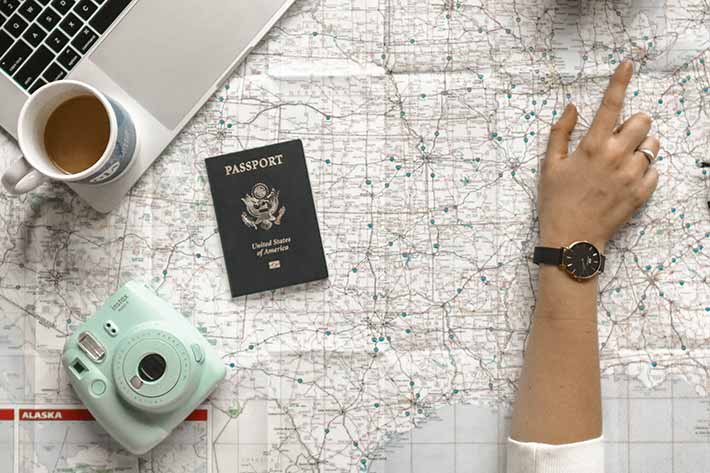
Tips For Senior Travel Companion
Overview: Travelling With Seniors
Travelling with seniors, like parents or elderly relations, can be worrisome if no preparation was done beforehand. Most seniors would act cheesy while travelling, and think that these travels are their fountain of youth. However, long distance travel can be physically taxing and stressful not only for the seniors themselves, but their companions as well. It is necessary therefore to consults with the elderly’s doctor for needed precautions during the travel. At times, a general physical check-up may be required before a go signal to travel is given by the doctor.
What To Do When Travelling With Seniors
1. Preparation should be made before the onset of travel. If they are the ones planning for it, buying their plane tickets and planning their adventures would be something that they would look forward to. But before the excitement comes the tough part. As companion, you should plan with them their much dreamed about activities and consider that they are no longer wide-eyed teenagers on the run. Meaning, that there is need to talk about – medication and health, medical insurance, accommodations and sight seeing activities, too.
2. Travel normally includes long walks during stopovers especially in large airports. It may be necessary to bring along walking aids just in case the golden teeny boppers’ precious hoofs gets tired from too much walking. Much that they want to romp around, there may be time when a collapsible cane or folding walker may come in handy. These devices can be bought online or in any medical supply store and supplies. It would be advisable for you as companion, to test if the seniors will be comfortable in using these devices, so as to avoid problems that may crop up later on.
3. It would be advisable if you can inform the airport in advance of the need for a wheelchair. Even if the golden seniors insist on walking, a wheel chair may ease their strain while walking and make them less of burden to you as you attend to the luggage. Since air travel is oftentimes associated with delay, cancellation, and loss of baggage, it would be wise to put the elderly’s medication in a carry-on bag rather than placed them with the general luggage. With the medication, other entertainment aids should be thrown in too: books, magazines, or electronic gadgets like iPad, so as to keep them amused and entertained during delays and long waits.
4. Airline cabin crew members should maintain a polite but firm approach in dealing with senior passengers. They should have excellent people skills to be able to attend to the needs of their elderly clients. Long flights usually equates to problems in circulation, muscles and joints. The cabin crew should be perceptive enough to advice the seniors to exercise by getting up and walk down the aisles – either by shaking, wiggling or stretching down their limbs.
5. Senior travel over a long stretch of time could pose biutifuloficial like dehydration, sinuses and ear pressure. These can be alleviated by simply drinking water instead of coffee and tea; and eating chewing gum, candy and taking decongestants to ease up sinus and ear pressure problems.
Conclusion
You can make travel for the elderly fun and memorable. Take them to places that they want to go but always be ready that they may be in need of a walker and medication at the middle of the trip. Make them wear their colorful attires and hats and dance the cha-cha and samba at the town plaza in all gaiety and fun; but remember that you must have ready armaments in case the golden tweetums suddenly find themselves tired from all the excitement.


